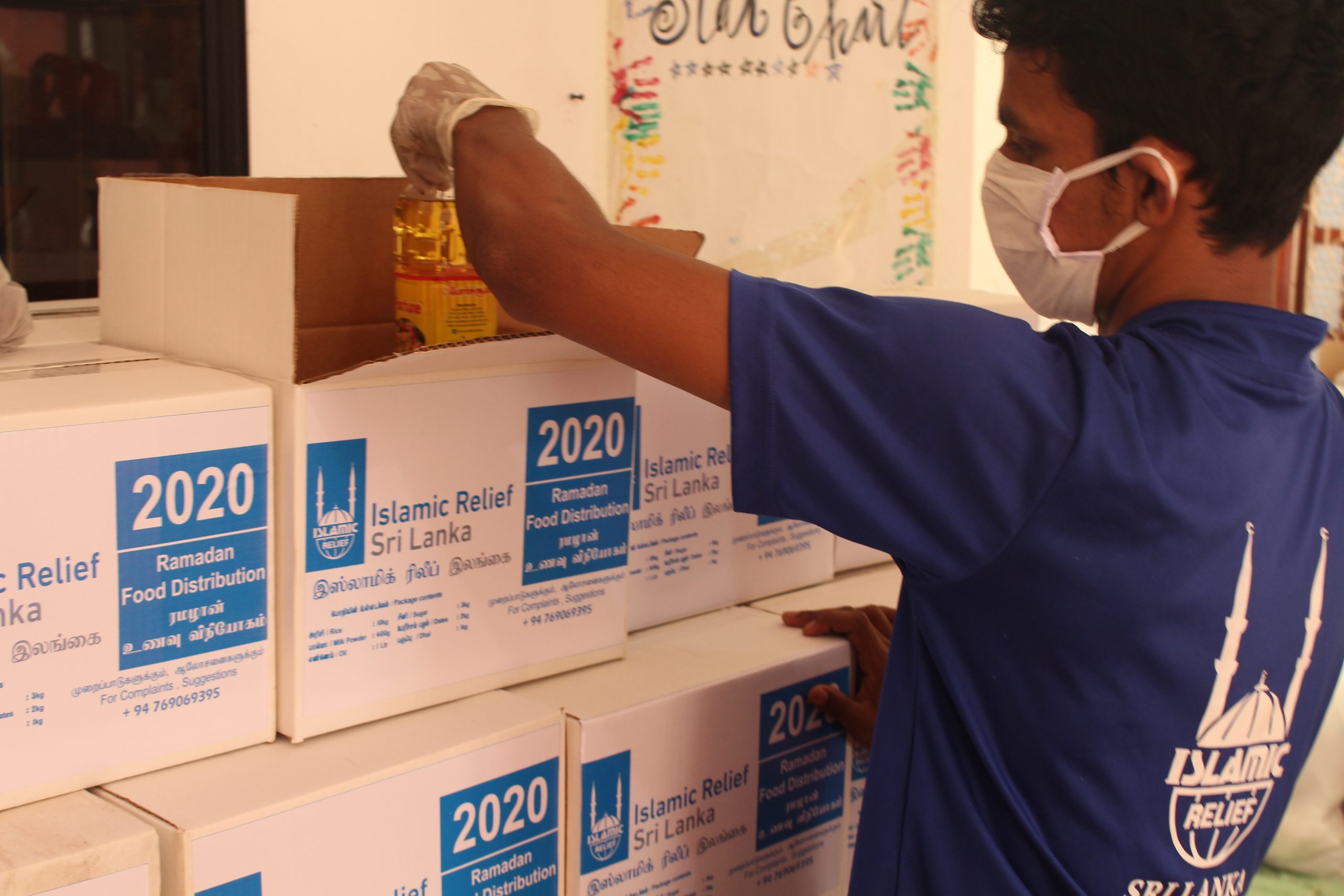
By: AswathyP
CHARITY leaders have called for donations during Ramadan to help some of the most vulnerable communities during the coronavirus crisis.
During Ramadan, Muslims are required to give a charitable donation, known as zakat, as part of tradition. Every Muslim who is able to and has a certain amount of wealth pays 2.5 per cent of that to help those in need.
Many charities hold fundraising events and campaigns during the holy month. However, the Covid-19 crisis and lockdown has seen mosques close their doors. Many charitable operations have had to adjust their fundraising campaigns to meet government guidelines.
Yasrab Shah, the fund-raising director for charity Muslim Hands, said the prevailing crisis was an opportunity “to act” and provide support to those in need.
“We are living in unprecedented times and have seen the pandemic bring waves of uncertainty and challenges, which we have had to navigate through,” he told Eastern Eye. “Now is the time to act because only by working together can we make a difference and save lives.”

Tufail Hussain, the UK director for Islamic Relief, revealed that the charity had received more donations in the run-up to Ramadan this year than in 2019.
Praising the Muslim community for their generosity, he said it was “heartening” to see kindness during the pandemic. “(The Muslim community) always come forward and offer support during times of crisis,” he told Eastern Eye. “It has been heartening to see such efforts during the challenges that we have faced and will continue to going forward.”
In Islam, Hussain added, followers were taught to help others when they were in need. He believed these teachings had inspired the community to come forward and give generously.
Both organisations have had to adapt their normal operations in order to continue their fundraising campaigns.
Islamic Relief usually visits mosques across the country to collect money from congregations. According to Hussain, this initiative would typically raise hundreds of thousands of pounds for the charity’s cause.
However, the closure of mosques and the restriction on gatherings of large groups means that collections cannot happen.

“(The crisis) has also led to the cancellation of our community fund-raising events in the run-up to Ramadan, which is our busiest period of fundraising,” Hussain said. “We’ve had to cancel those interactions with the community, which form the key part of our fund-raising strategy.”
Despite this, Hussain praised his “creative team” who have come up with a number of contingencies to overcome the challenge of being unable to interact with community members face to face.
“The work has to continue and we’ve taken every measure to try and ensure that supporters of Islamic Relief are still able to back our work in the run-up to Ramadan and beyond,” he said.
Muslim Hands has also seen changes in its day-to-day operations. The vast majority of staff are required to work from home, for instance, and offices in London have had to close. However, it has set up initiatives to help vulnerable and elderly communities in the UK.
“We have set up services that are desperately needed, such as helplines and food distribution so that those who are struggling are not left to suffer alone in silence,” Shah explained.
The organisation has partnered with FareShare – the UK’s largest food redistribution charity – to help provide 240,000 meals during the coronavirus pandemic over a two-month period.

As well as local projects, the charities are striving to provide support overseas too.
Muslim Hands is working to provide food parcels and medical supplies to help some of the neediest people across 20 countries. Islamic Relief said it prioritises projects that support communities with water, food and healthcare and those facing emergencies such as natural disasters or conflict.
The coronavirus crisis has touched people of all faiths and none across the world, and it is the most vulnerable communities who will bear the brunt of it, Hussain said.
“Ramadan is a time for British Muslims to thank Allah for our good fortune and to reflect on those who are less fortunate than ourselves,” he said. “In this crisis with so many communities coming together to help one another, (donations) will make a difference to the most needy, and is safe with Islamic Relief.”
